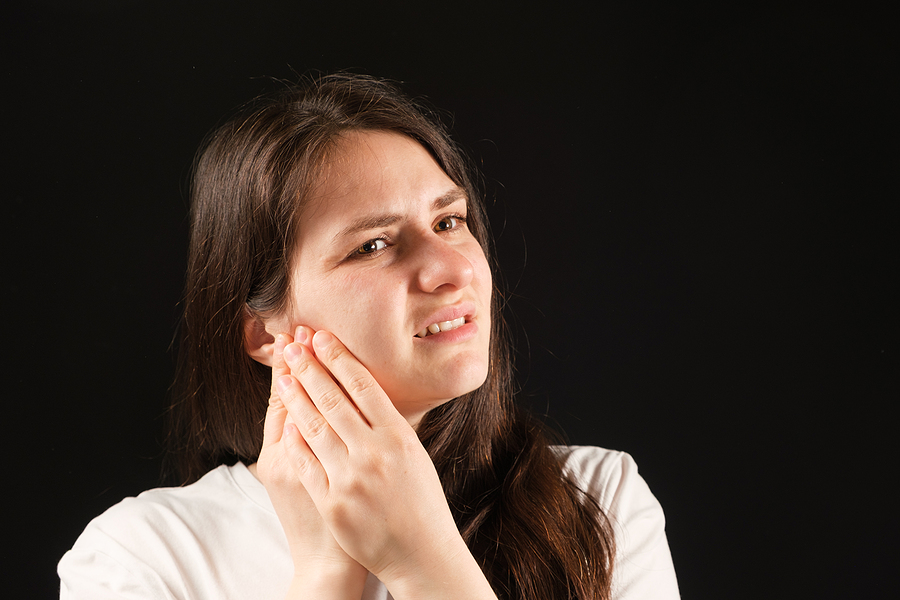- Home
- About
- Services
- Smile Gallery
- FAQs
- Do I Have Sleep Apnea
- I Think My Gums Are Receding
- Nightguards
- Oral Hygiene Basics Santa Clara
- What Should I Do If I Chip My Tooth
- Why Are My Gums Bleeding
- Wisdom Teeth Extraction
- Alternative to Braces for Teens
- Do I Need a Root Canal
- Improve Your Smile for Senior Pictures
- Options for Replacing Missing Teeth
- Technology
- When Is a Tooth Extraction Necessary
- Will I Need a Bone Graft for Dental Implants
- Dental Anxiety
- Doctor Recommendations
- Myofunctional therapy
- Oral Cancer Screening
- What Can I Do to Improve My Smile
- Which is Better Invisalign or Braces
- Reviews
- Contact
- Book Online
Posted by Wellbeing Dentistry 2023-04-02

Do you think you get enough sleep but wake up exhausted and foggy-headed as if you did not get enough? You may assume you have insomnia or are stressed out, but you might have UARS, or upper airway resistance syndrome. This article covers treatment available in biological dentistry for the condition.
Overview of upper airway resistance syndrome
UARS, like obstructive sleep apnea (OSA), causes the soft tissue of the throat to contract and the airway to shrink—the only difference is that apneas (breathing pauses) and hypopneas (breathing decreases) are absent or very minimal in patients with UARS. To overcome the narrowing or congestion of their airways, patients with UARS must exert more effort when breathing. To maximize respiratory efforts, the brain must awaken from deeper phases of sleep.
Treatment for UARS in biological dentistry
This first consultation entails a thorough examination of the mouth, gums, and gum pocket depths, as well as noting cavities and tooth loss via dental x-rays. Diet, fitness, stress control, sleep habits, and alcohol and tobacco consumption are all examined. Blood pressure, weight, blood sugar, cholesterol, and triglyceride levels are among the other medical measures assessed by the biological dentist. Much of this is done to see whether patients are at risk for diabetes, heart disease, stroke, or any serious health problems.
The unique assessment, which includes posture images, muscle monitoring, cranio-facial development examination, and radiographic airway collapsibility evaluation, also helps to show whether patients are at high risk of sleep-disordered breathing like upper airway resistance syndrome.
The treatment will be tailored to the patient, their age, and the symptoms they are experiencing. In children, oral myofunctional therapy and myobrace devices are commonly used to promote normal jaw growth by encouraging proper nasal breathing, swallowing, and lip seal. When patients cannot comply with their daily exercises or visit the dentist too late, there is a need to use mechanical expansion devices or homeoblock appliances combined with myofunctional therapy devices to stimulate jaw growth.
In adults, the treatment will usually begin by managing the symptoms and minimizing pain, if any, by repositioning the jaw to decompress the temporomandibular joint, minimize occlusal inhibitions, and clear the oropharyngeal airway space. This is achievable with splint therapy and will help relax and stretch the supporting muscles to prevent spasms.
After patients stop experiencing the symptoms, the biological dentist can prescribe oral myofunctional therapy with an ALF or homeoblock device to reposition the teeth to a new dental arch placement. This will help patients learn how to breathe, swallow, maintain proper cervical spine alignment, reinforce the airway muscles to avoid relapse, and decrease airway collapsibility while promoting normal jaw morphogenesis with these natural motions.
In conclusion
Patients with UARS should be diagnosed because of the health complications involved with the condition and because they could be at a greater risk of developing obstructive sleep apnea in the future. One of the most significant reasons to treat UARS is to improve the patient's sleep quality. Visit a biological dentistry office if you suspect you might have upper airway resistance syndrome.
Request an appointment here: https://www.wellbeingdentistry.com or call Well Being Dentistry at (408) 244-0590 for an appointment in our Santa Clara office.
More Blog Posts
Visit Our Office
Santa Clara, CA
3993 Stevens Creek Blvd, Santa Clara, CA 95051
Email: wellbeingdentistry@gmail.com
Book NowOffice Hours
- MON - FRI8:00 am - 5:00 pm
- SAT - SUNClosed








